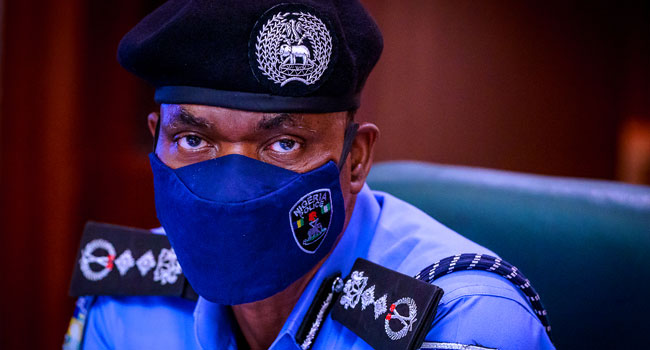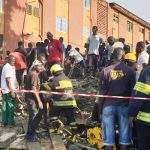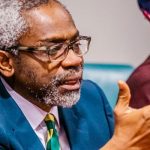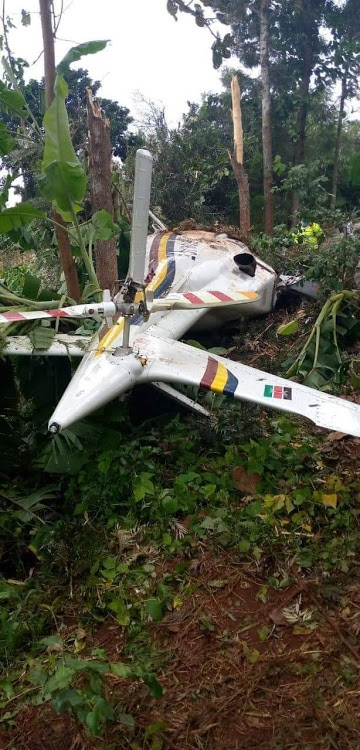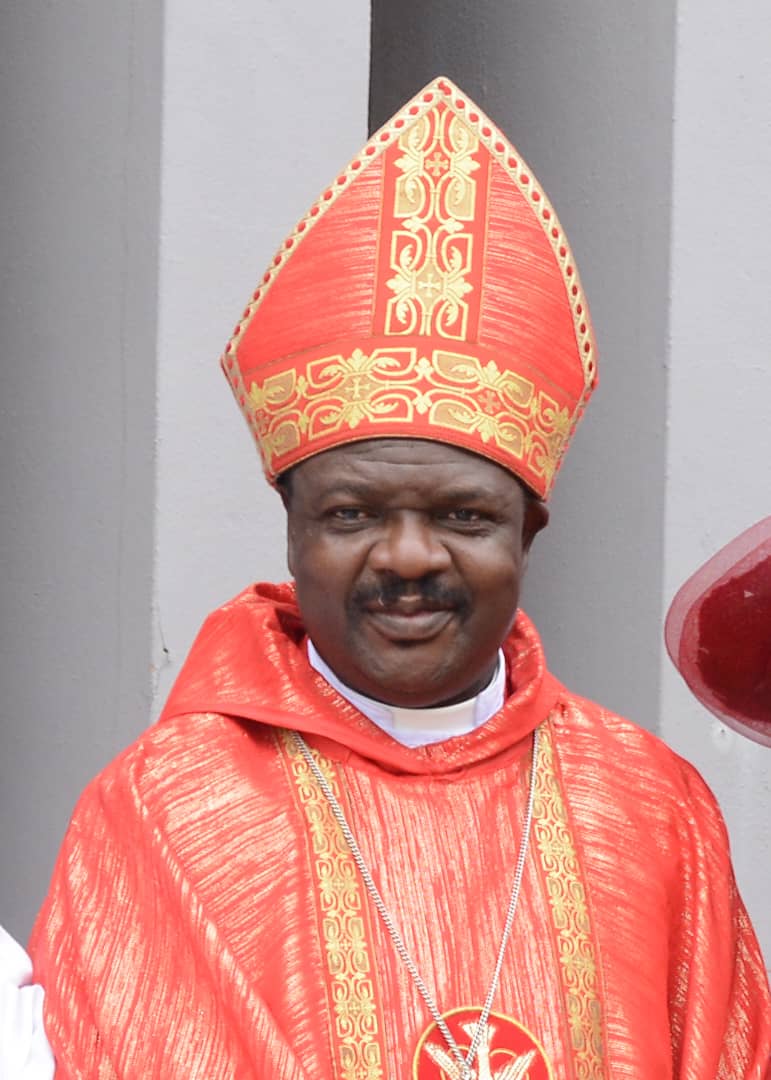The Inspector-General of Police, Mohammed Adamu, has dissolved the infamous subunit of the force, the Special Anti-robbery Squad (SARS).
“The Special Anti-Robbery Squad of the Nigerian Police, otherwise known as SARS, is hereby dissolved across all formations, the 36 state police command and the Federal Capital Territory where they currently exist,” the IGP said on Sunday.
“All officers and men currently serving in the unit are to be redeployed with immediate effect.”
The police authorities will be announcing new policing arrangements to address the offences of armed robbery and other violent crimes that fall within the mandate of the Special Anti-Robbery Squad later.
Adamu’s announcement followed days of widespread protests by Nigerians demanding scrapping of the unit which had gained notoriety for brutality and human rights violations.
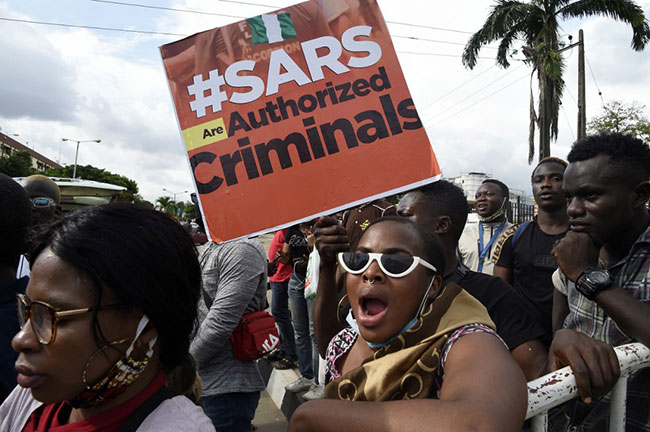
Beyond scrapping the unit, he acknowledged reports of extortion and brutality, announcing a plan for an investigation.
“To deal with the reports of crimes committed against citizens an investigation team will be constituted which will include civil society organisations for transparency and the culprits will be punished,” he said.
Read Also: #EndSars: Young Nigerian Jimoh Isiaq Killed In Ogbomosho, Seven Others Injured
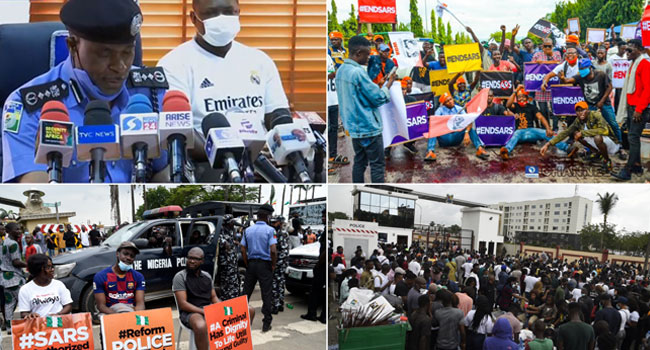
The IGP did not give details of the time range the investigation will cover and whether it would include the harassment, threats and violence protesters suffered during the #EndSARS protest, including the killing of a young Nigerian Jimoh Isiaq in Ogbomoso on Saturday.
Witnesses said Isiaq was shot by the police.
In contrast with the action of the police including the use of tear gas on protesters and the shooting witnessed, the IGP described the protests “as a manifestation of the natural desires of citizens to participate in matters concerning policing and internal security in the nation”.
To better relations between the public and the police, the IGP also announced “a citizens and strategic (stake)holders forum will be formed to regularly interface with the leadership of the police at all levels and advice on police activities”.
The unit was founded in 1992 to combat cases of armed robbery, kidnapping, and other violent crimes. But SARS, instead, over time, has gained notoriety for its reckless intimidation of innocent civilians through puerile profiling and wanton abuse of power.
Calls for the unit’s disbandment date as far back as 2017 and while the Federal Government and police chiefs have made several pledges to implement reforms, reports of SARS’ brutal activities against civilians have not abated.
The current wave of protest can be traced to October 3, after another report of extra-judicial killing in Delta State (the police have denied any killing took place).
It sparked fresh concerns and anger. Fuelled by this, and the outpouring of tales of traumatic experiences at the hands of officials of the unit, many Nigerians have held protests in many states, including Lagos, the Federal Capital Territory, Kaduna, Osun, Edo, and Imo.
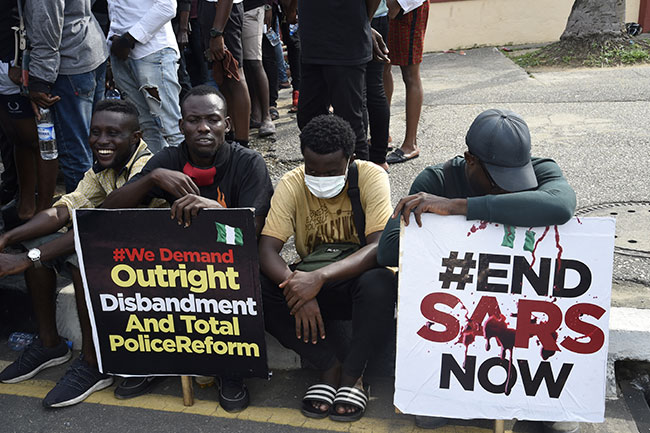
RELATED
LIVE: #EndSARS Protests Continue, Gain Momentum
#EndSARS: Reps Unveil 30-Day Plan To Tackle Police Brutality

The Speaker House of Representatives, Honourable Femi Gbajabiamila, has also unveiled some of the plans by the House, aimed at tackling police brutality in the country.
In a statement signed personally on Wednesday, Gbajabiamila said over the next 30 days, the House will work with the Nigeria Bar Association (NBA), civil society and with Nigerians of good conscience to draft new legislation that establishes a system of independent accountability from the Force.
According to him, the new legislation will hold erring members of the Police Force to account for their conduct in the performance of their duties and impose civil and criminal liability for violations of the Police Code.
It will also compel the Nigeria Police Force (NPF) to take responsibility for the failures of training and discipline that leads to such violations.


